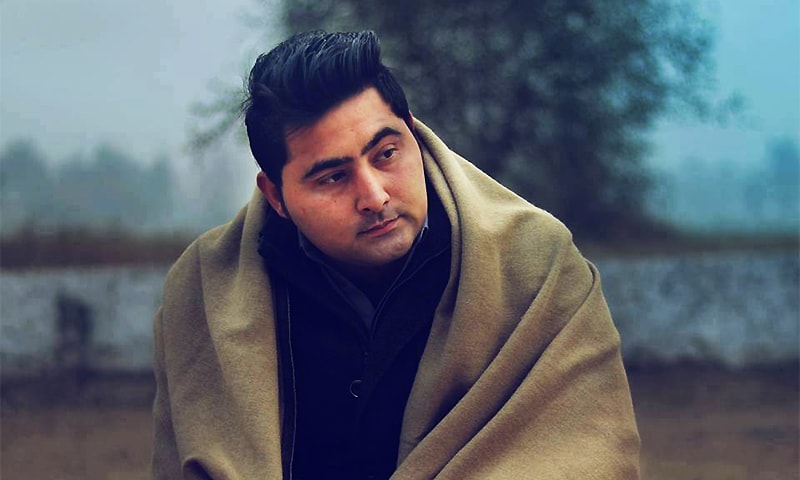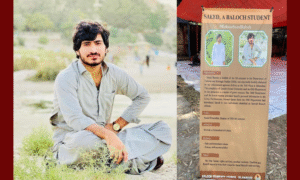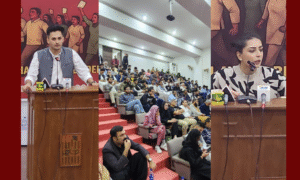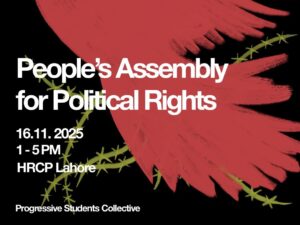This week, the pages of The Students’ Herald are dedicated to the brilliant life and powerful legacy of Comrade Mashal Khan. On April 13, 2017, Mashal Khan was immortalised as a symbol of resistance to the horrors that dominate our universities and campuses, and indeed, afflict our entire education system.
On the surface, Mashal’s murder appears to be a senseless act of violence. But to understand the context of his killing, we must deeply dissect the factors led the students of an institution of higher learning to behave like Taliban or ISIS fighters, and attack one of their own in the form of a mob.
The purpose of education is to produce new leaders for the progress of a society. All over the world, educational institutions are centres of new ideas, trends and concepts for social progress. In Pakistan, unfortunately, it appears the opposite is true: universities exist as the backbone of the prevalent social and economic system. There is little tolerance for innovation, creativity and critical thought because our education policies have been framed by techno-fascists for whom individual liberties and democratic values hold little value. For them, education should simply be about training citizens to be in service of the state, working for its glory as reflected in numbers denoting growth rate, GDP and per capita income.
There was a time in our country’s history when students were leading the society with their powerful slogans for democracy. They gave fierce resistance to dictators, feudal lords and traditional elites. Students were at the forefront of demands for justice and accountability; they organised with labour unions, peasants and the downtrodden working classes to strive for an egalitarian and just society. Their collective voices had the power to shake and rattle the system.
It was this collective power of students that came under attack by a US-backed dictator who launched a process of ‘Islamization’ across Pakistani society. General Zia’s project included fanatic radicalization of society through the education system. Students unions were banned, curriculums were changed and progressive teachers were brutally suppressed. Unelected groups were given weapons and institutional backing to root out progressive elements in educational institutions.
The policies implemented by General Zia in the 1980s were necessary for the continuity of a security-oriented state apparatus and fauxmocracy lacking any real political culture and representation. These policies dominate our campuses even today. The repressive system perpetuated by these policies led to Mashal Khan’s murder. Students – once associated with a powerful progressive tradition – butchered their own fellow in broad daylight on campus because they could no longer tolerate criticism or difference of opinion. No one had taught them the value of life.
Mashal’s is the story of a martyr who exposed the ugly face of society moulded by military dictatorships, state authoritarianism and religious extremism.
But Mashal is not a tragic figure in our memory, quite the opposite. To us, he represents a new kind of human being; someone who is brave, someone who dares to question; someone who does not wish to conform to this rotten system but wants to create conditions for a new and more humane society, where everyone is free to think, speak and write; where there is no oppression or excess; where there is justice, democracy and peace.
Mashal Khan lives and his struggle continues through us. Red Salute Comrade Mashal Khan!
میں انقلاب وقت ھوں، میں زیست کی مثال ھوں، میں بھی تو مشال ھوں~
The Students’ Herald News Desk focuses on reporting the latest news regarding student politics and campus updates to you.
The News Desk can be reached at admin@thestudentsherald.com




